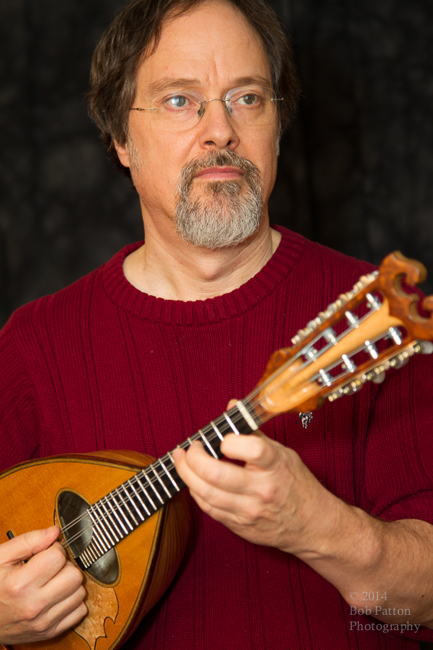Seems like great range of meaning, in how people are using the words "classical mandolin" -- and yet parts of classical mandolin traditions often go overlooked. Often people are referring to classical music that's been adapted to mandolin -- for example the violin music of JS Bach. It's wonderful to play, and a great learning exercise to explore fingering possibilities. Arranging other music to mandolin is a proud tradition -- check out the concert programs of Munier, Calace, or any of the great romantic mandolinists, who regularly performed arrangements of popular tunes of their day. Making new mandolin arrangements is one of my great creative joys!
On the other hand, there's also music composed for mandolin -- beginning with the 18th-century mandolin composers (Denis, Barbella, Fouchetti, etc.), continuing through the Romantic and Golden Era composers, and into today. Many classical mandolinists specialize in this music, since it's designed around the techniques of our instrument. No doubt there's a great wealth of possibilities, and there's more music being composed for mandolin today than ever before. For an overwhelming experience, check out the Trekel catalogue!
A century after the great Virtuoso Era, we're in a time of recovering lost technical traditions. And so there are components of our tradition that a seldom associated with classical mandolin: chord-melody, improvisation, split-string technique. Reconnecting mandolin to these approaches is a growth industry!
And then there are misconceptions around the idea that "classical" music is supposed to be old -- museum pieces written by dead white guys, centuries ago. While there's plenty of that, classical mandolin is a living tradition, and it's your choice whether to join in. It's no longer only in the hands of specialists -- today it's easy for practicing mandolinists to access materials from the broader mandolin traditions, and see what they have to offer. Enjoy the view!
On the other hand, there's also music composed for mandolin -- beginning with the 18th-century mandolin composers (Denis, Barbella, Fouchetti, etc.), continuing through the Romantic and Golden Era composers, and into today. Many classical mandolinists specialize in this music, since it's designed around the techniques of our instrument. No doubt there's a great wealth of possibilities, and there's more music being composed for mandolin today than ever before. For an overwhelming experience, check out the Trekel catalogue!
A century after the great Virtuoso Era, we're in a time of recovering lost technical traditions. And so there are components of our tradition that a seldom associated with classical mandolin: chord-melody, improvisation, split-string technique. Reconnecting mandolin to these approaches is a growth industry!
And then there are misconceptions around the idea that "classical" music is supposed to be old -- museum pieces written by dead white guys, centuries ago. While there's plenty of that, classical mandolin is a living tradition, and it's your choice whether to join in. It's no longer only in the hands of specialists -- today it's easy for practicing mandolinists to access materials from the broader mandolin traditions, and see what they have to offer. Enjoy the view!

 RSS Feed
RSS Feed